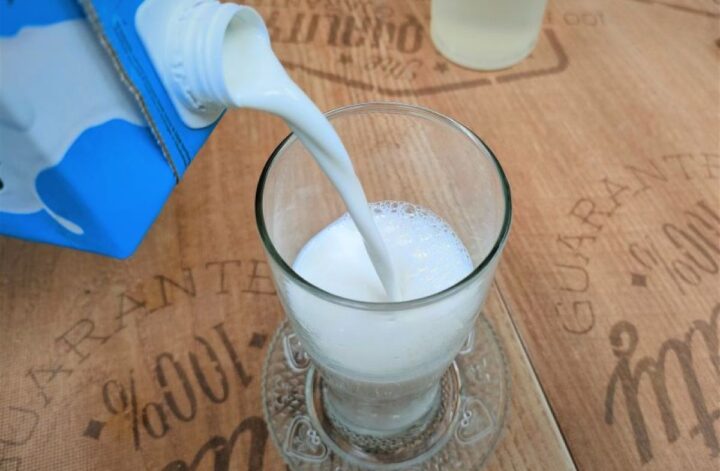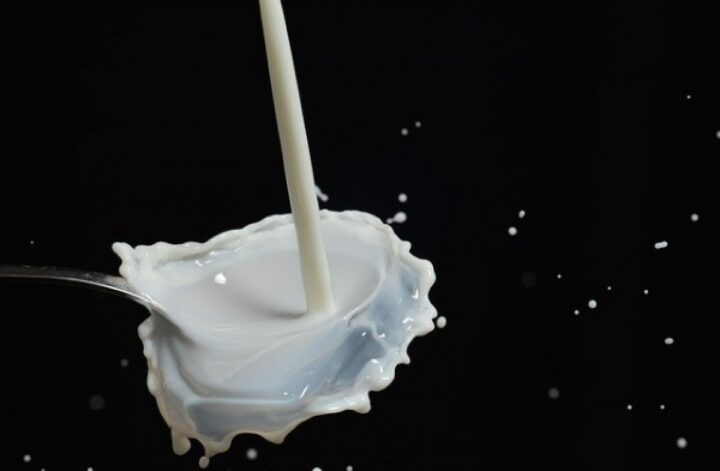Bad news for dairy lovers: the FDA has found fragments of the bird flu virus in samples of pasteurized milk. The discovery has raised concerns about the safety of milk products and the potential for the virus to spread to humans.
The FDA conducted a routine inspection of a dairy farm and collected samples of pasteurized milk for testing. To their surprise, they found traces of the H5N1 virus, also known as bird flu, in some of the samples.
While the virus was only found in small fragments and not in a live, infectious form, the discovery is still alarming. The H5N1 virus is highly contagious among birds and has the potential to infect humans as well. In rare cases, it can be deadly.
The FDA is currently investigating how the virus made its way into the milk supply and is working with the dairy farm to ensure that proper safety measures are in place to prevent further contamination.
Consumers are advised not to panic, as the risk of contracting the virus through milk is extremely low. Pasteurization, the process of heating milk to kill harmful bacteria and viruses, is still effective in ensuring the safety of dairy products.
However, the incident serves as a reminder of the importance of food safety measures and the need for continued vigilance in monitoring the food supply chain. The FDA is urging dairy farmers and producers to maintain strict hygiene practices and to regularly test their products for any potential contaminants.
In the meantime, consumers can rest assured that the FDA is taking the necessary steps to address the issue and ensure the safety of milk products on the market. It is always important to stay informed and to follow proper food handling guidelines to minimize the risk of foodborne illnesses.
As more information becomes available, the FDA will continue to update the public on any developments regarding the presence of the bird flu virus in milk products. In the meantime, it is recommended to continue enjoying dairy products in moderation and to support local, reputable dairy producers who prioritize food safety and quality.




